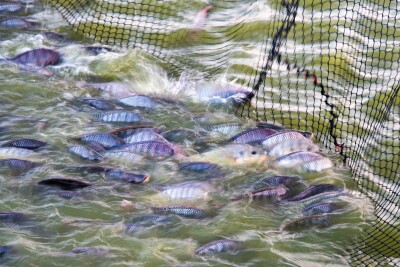The American lobster-fishing industry has had a complex trajectory over the centuries as lobsters have gone from dockside junk food to upper-class delicacy to David Foster Wallace essay fodder. In more recent years, the industry has faced a new slate of challenges, including overfishing, global warming, and a proposed ban on lobster imports to the European Union. Through it all, the nautical crustacean has been identified with New England generally and Maine specifically; according to the Lobster Institute at the University of Maine, the state accounts for 75 to 80 percent of American lobsters.
Sam Rosen is a lobster fisherman who grew up and lives on Vinalhaven, a town on an island off the coast of Maine with a year-round population of about 1,200 people. According to Vinalhaven’s chamber of commerce, roughly half of the island’s economy comes from lobster fishing and “related support activities.” For The Atlantic’s ongoing series of interviews with American workers, I spoke with Sam about starting his job at a young age and how he is faring with the obstacles currently shaping the industry. The interview that follows has been edited for length and clarity.
Jeremy Venook: How did you get into lobster fishing?
Sam Rosen: For most people on the island, regardless of gender, if you have a parent that runs or works on a boat, it's likely that you'll spend some amount of your childhood working with them. If you don't have any interest in it you probably won't, but most kids that age are into boats and living creatures and whatever. You get to play with fish and crash around in a boat all day. In my case, my dad had me hauling a few traps from the time I was 4 or 5 years old. Then you work your way up to more traps as you get older, and eventually get your own boat. For me, my dad built me a boat when I was 11 or 12.






